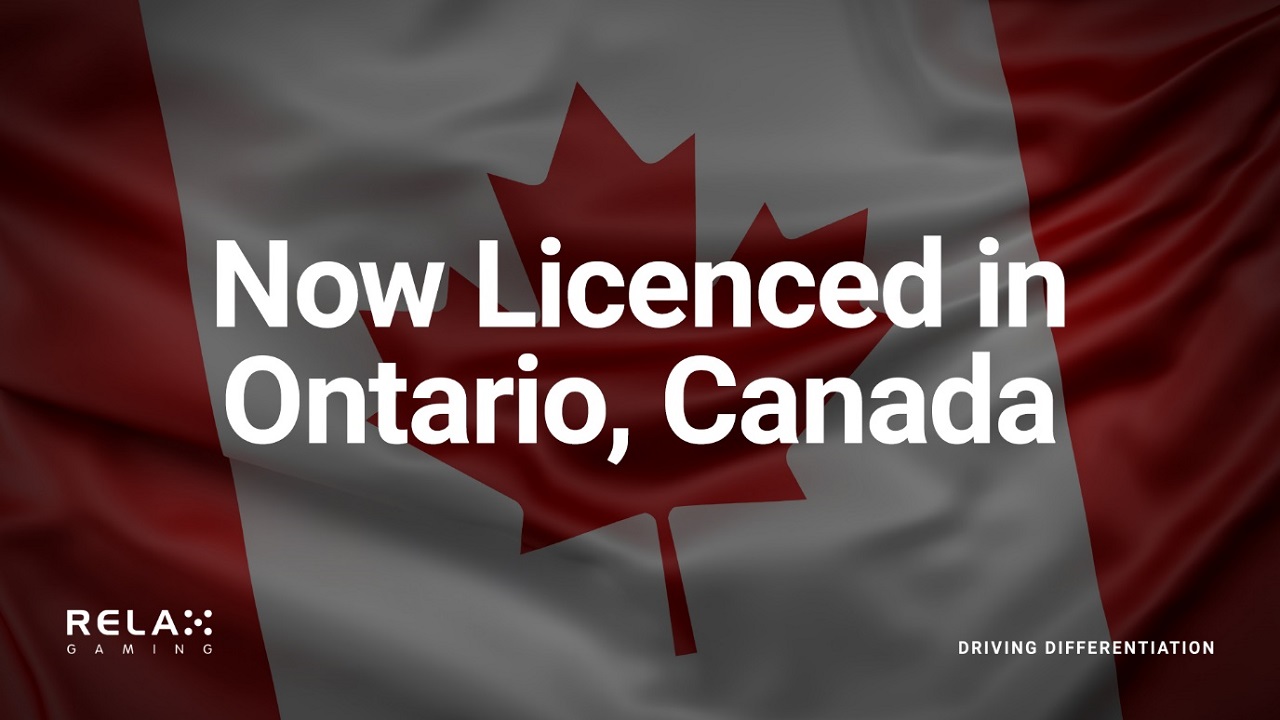
Will the US hit the jackpots?
The idea of jackpots and the big win associated with them is at the very core of the slots genre. As the US online market regulates, the slots industry, so popular in certain jurisdictions, is rolling out in a digital format across a number of states.
But how will the all-important jackpot feature need to adapt to have the same impact it has had in these land-based and more mature international markets?
Andy Whitworth, CEO of White Hat Studios (AW)
Peter Causley, CEO and Co-founder of Lightning Box Games (PC)
Brett Jackson, Content Director Americas at Light & Wonder (BJ)
Which types of jackpots currently perform best in the US? Why do you think that is?
AW: iGaming jackpots are very much in their infancy in the US and there is currently a limited product range. The first movers like IGT MegaJackpots and NetEnt standalone progressive titles such as Divine Fortune are key stable games for any icasino.
We will see these options expand as the markets continue to regulate. Given the US rich history in land-based jackpots and the rate at which it’s embracing igaming, it won’t be long for increased demand for jackpots, especially as they have the ability to retain and attract new customers.
PC: Multi-level progressive Jackpot bonuses (MLP’s) with three or four levels dominated for a long time, probably for the best part of 15 years. But over the last four years or so a subset of these, ‘what you see is what you get’ style Jackpots, or Wizzywigs as they’re commonly known, have proven most popular. These are cash on reels style MLPs that were first popularised by the Lightning Link style mechanic and are now pretty much ubiquitous.
They’re just a great mechanic and there’s no real secret as to why they perform well. The full screen hold ‘n spin builds excitement, whilst the occasional large prizes spinning by on the reels, the Wizzywigs, show the player what they can potentially win. Building tension and the glimpse of glory is the sweet spot.
BJ: Practically all of them, even though progressives are still relatively new in the US online space. Any sort of game that offers a large progressive prize is enough to grab a player’s attention, especially when compared to a standard slot with a run-of-the-mill mathematical model.
There are a lot of people that are crossing over from land-based venues to the digital environment right now in the United States, these players fully understand land-based progressive models, and as a result they expect to find the same type of jackpot slots when they’re playing online.
Any game that features a big money prize is usually more than enough to entice players, nothing quite captures the imagination like the opportunity to win a jackpot from a single spin.
What are the challenges in migrating land-based jackpots to an online format in the states?
BJ: There are three main elements that require a lot of thought whenever we develop a progressive for a digital audience. These are the size of the jackpots on offer, the frequency they hit and the overall mechanics of the game. It’s a tough balancing act and it’s imperative we get it right.
In terms of migrating games, it’s not simply the case of taking successful land-based games and moving them online. Instead, we’re looking at what we can do differently to make Light & Wonder’s progressives stand out within that space.
One huge advantage land-based progressives have over online slots is better merchandising, it’s something we’re yet to really crack in the digital space. When you walk into a casino, you’ll see slots with huge signage promoting the progressive jackpots on offer. It’s down to us to figure out better ways to promote online progressives in a similar manner, building excitement and sparking players’ desire to give them a chance.
AW: The challenge is primarily in converting the games from the casino floor to a digital format so the volatility and RTP are enhanced to make them attractive to players at home. This is by no means straightforward with jackpots being state-wide. Different states have varying rules regarding the probabilities of events that can happen within a game, which need to be adhered to.
All the while, we need to make sure that the end product is engaging for players and that all regulations are being followed as each state has its own set of technical standards and requirements. White Hat Studios is at an advantage in that field as a great deal of our jackpot content has already proven itself to be highly engaging in more mature markets such as the UK where it is the leading product in this category.
PC: As far as game design goes, I’m not sure there are many if any, in truth. As long as developers have picked the right player segment and appropriate jackpot ranges for each level, things should be fine.
In what ways, if any, will jackpots that have performed well in more mature markets, such as Europe, need to adapt in order to replicate that popularity with a US audience?
PC: I’d argue that the US market and the players within it are very mature. What remains new to many is the medium or channel on which they play if they live in a state that has regulated online casino. But whether they play on a gaming machine on the casino floor or on their phone in their living room doesn’t really matter. As a result, a strong jackpot product from a mature market should show strong performance in the US also, whether that’s online or terrestrial markets.
BJ: Building products specifically for the market they’re intended for is a big part of what we do at Light & Wonder. If you go back a few years this wasn’t always the case. We were guilty of having a one-size-fits-all approach, but we’ve totally reconfigured this and are now far more market-focused.
As the question suggests, the US market is still in its infancy, so right now it’s important we don’t force things on people that they simply don’t understand. Instead, we’re providing players with a mix of innovation and more traditional models within our new products for digital audiences.
It’s all about understanding what players actually want and getting the timing right. It takes a lot of effort to develop a large progressive as there are so many moving parts, so we want to ensure everything is perfect. Of course, there’s a lot we can learn from what operators and suppliers are doing in European markets and we can take the best parts of that and bring them across to the US market.
AW: Jackpots in Europe are a much bigger part of a casino’s slot revenue, typically being more than 20% of the revenue. There is a much wider offering and a greater culture of innovation within the jackpot ranges. In terms of adapting, I don’t believe any changes need to be made outside of those necessary for regulatory purposes. It’s more a question of timing and when the market is ready for innovative jackpots to be introduced.
Europe’s best jackpots are on their way to the US as we speak. White Hat Studios is introducing the UK’s biggest jackpot product Jackpot Royale to the US in Q2 this year. Due to its ability to link endless amounts of games into the jackpot’s multiple progressive pots mechanic, operators will be able to improve player retention by paying out big jackpots frequently.
Ensuring that local operators are the ones that get to award the lucky players with their winnings will be an important dynamic in the US. This is what makes our Jackpot Royale product unique in the market, the funds are generated from the local player base, putting the operator in control and getting to present the player with that big win.
What is the scope for innovation in this market? What new concepts might we see introduced in the near future?
AW: I predict over the next two-to-three years that the US igaming market will see a great deal of innovation as operators realise that profit is much easier to make from casino than sports.
At the moment, all the focus is on acquiring sports players with extremely high acquisition costs, which cannot be maintained long term as losses mount. When operators need to focus on profit, they will change strategies to acquiring and cross-selling sports players to casino. The best way is to do this outside of table games and branded IP content is with jackpots.
Big-prize potential attracts customers. For the players, frequent, achievable jackpot drops create an engaging win/win dynamic for them and for the operator.
PC: Interestingly, Persistence-style gaming is creeping into US land-based markets, as well as online. It is obviously even easier for players to carry over from play session to play session in an online environment, so I should imagine that will grow, particularly if developers can find a way of combining it with jackpot bonuses. That would square the circle and might well be on its way.
BJ: The scope for innovation is vast. Right now, we have a golden opportunity to develop some very unique concepts given that US players interact differently with our products.
We’re in the business of trying to surprise and delight people at Light & Wonder, certain slots can get very stale very quickly in the online space as the industry tends to move very quickly, so we’re looking to offer them brand new experiences they’ve never seen before.
We must be innovative to engage and retain players. I’m currently playing with several ideas around timed events, events that highlight particular games and how we can cross the boundaries between digital and land-based games. The latter is something that will become a big part of what we do at Light & Wonder going forward.











